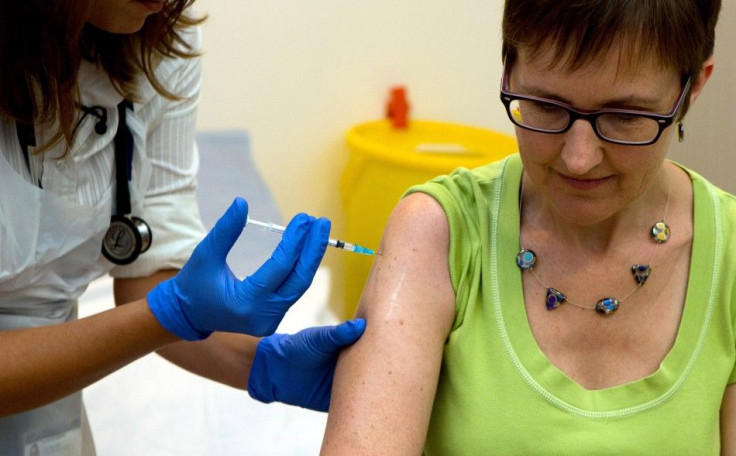New Zealand To Send Medical Team To Ebola Infected Sierra Leone: Team To Work In Conjunction With Australian Team

New Zealand will soon send a medical team to Ebola-infected African nation Sierra Leone, to treat Ebola patients as part of a joint Anzac mission with Australia. The relevant proposal will be considered by the New Zealand Cabinet shortly for approval. The teams from New Zealand will work with Australia, which will be managing a newly built 100-bed hospital for Ebola patients.
Accordingly, the first batch of volunteers will depart by the end of November. Foreign Minister Murray McCully said the volunteers would be chosen from the public health system. The plan is to depute 10 health workers at a time, probably in rotations of two to three weeks, reports NZ Herald.
Medics Ready
Appreciating that a significant number of New Zealand doctors and nurses has expressed their readiness to join the medical team, McCully said the Government would bear the costs. The Ebola treatment facility in Sierra Leone has been built by the British Government but it will be run by Australia, which has contracted a health company named Aspen Medical for the role. The facility will become functional by November end and the staff of 240 will also include locals.
The foreign minister said he discussed the matter with Australia's Foreign Minister, Julie Bishop, when she invited New Zealand to partake in the mission. On last Tuesday, Australian Prime Minister Tony Abbott had announced that Australia will send its team to Africa after it got assurance from Britain that any Australian medical staff, contracting the disease, would be taken care of in the U.K. or Europe. Minister McCully said the assurances to Australia will apply in equal measure to New Zealand as well. He added that New Zealand has put a very high premium on "welfare, safety and evacuation issues of the health staff."
Protocol Review
Accordingly, the Government will review the existing protocols on health workers, returning to New Zealand, from Ebola zones. The existing protocol by the Ministry of Health warrants that all returning medical workers from Ebola areas be monitored daily for three weeks.
In case of persisting symptoms, they have to be quarantined, although no such cases have been reported so far. Meanwhile, the Auckland Hospital released a 91-point safety checklist for staff treating Ebola patients. It includes detailed instructions on how and when to wear protective suit, face shield, gloves and other accessories, reported Radio NZ.
Dr Colin McArthur, the head of Intensive Care at Auckland Hospital said all the equipment, except plastic clogs must be disposed of. He said "lessons learnt from countries like the U.S. have shown that removal of the equipment is very important. Else, it will spread more contamination."





















